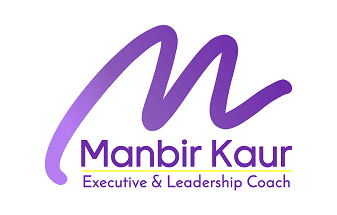Quite a few Business and HR leaders have already introduced coaching to their organizations. In last few meetings with some of them, I discussed their experiences with coaching and the impact they observed within their organizations.
There were quite a few discussions and it emerged that coaching was successful many times, but also failed quite often as well. We had a deeper dive into the reasons and here are some points of view for you to ponder:
- If business leaders in were not involved in creating the coaching strategy and they do not own it. While organizations hire coaches to enhance performance, Coaching works majorly when business leaders themselves own the process. For coaching to succeed, business leaders should be able to see the ROI from the engagement.
- If the leadership has not had exposure to coaching and they may fail to understand it and will not be able to leverage the opportunity. HR team must take the additional responsibility to introduce coaching to the leadership team and provide them the right material and knowledge bytes to curate their interest in it.
- If your CEO wants everyone else in his leadership team to get coached for the team results but excuses himself out of coaching, the effort may fail. I have been in a couple of situations where the leader himself says I am doing fine or I don’t have time, I may not need coaching as of now but yes, my team certainly needs it. I will suggest you to convince the CEO to join the team efforts and be part of the program. The leader should ideally be part of this if the whole team is going through coaching. When we are working on a team transformation, we must get the entire team including the CEO, else the venture may fail.
- When someone else chooses coaches for leaders and leaders don’t even have a say to make that choice. The right match is the key to a great coaching experience. The coachees should be given the right to use her coach. HR or Learning specialists, should take the responsibility to do a high-level match and then hand over the profiles to the coachee, and let the coachee shortlist. It is prudent to arrange 1-1 meetings with a couple of coaches. Once the coachee decides on a coach, the results are amazingly different.
- Don’t use coaching as a quick fix for behaviours, business results, mergers or acquisitions. Coaching has a lasting impact and works in a deeper way, so it takes time as well. It can not be implemented as a quick fix it is most likely going to fail.
These are the top five things that came up prominently in my discussions and I do hope that you learn from the experience of these senior Business and HR leaders and take steps to make sure that the coaching intervention is successful.
If you want to talk to Manbir about coaching for your organization, please book your appointment here.

